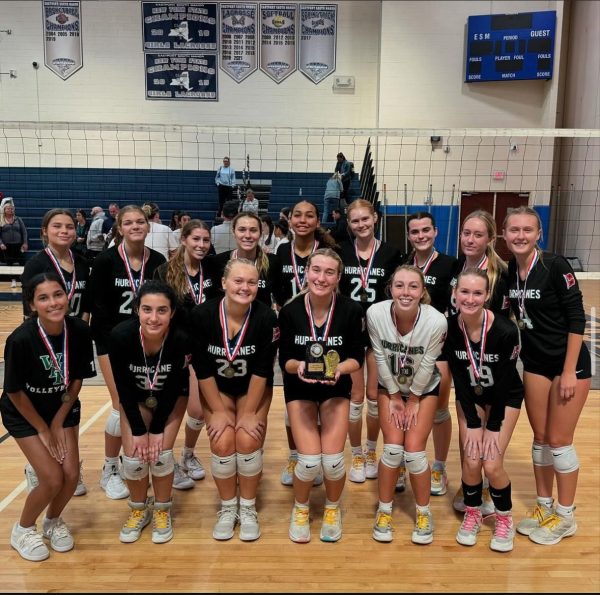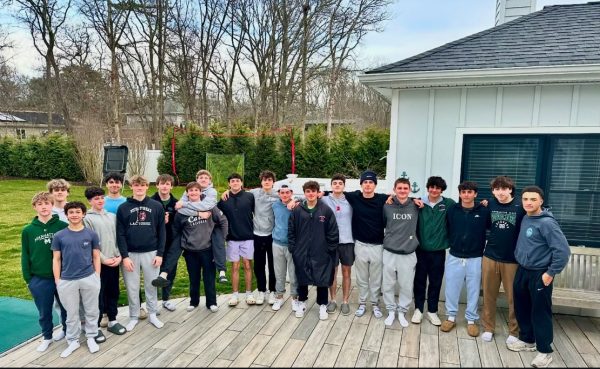Unequal Cheering
If you go to any boys basketball game you will notice that the cheerleaders are always there to support, but this isn’t the case for the girls varsity basketball team. The inequality has been the tradition but seems to go unnoticed.
It goes without thinking that the cheerleaders are always there for the boys, but the girls are just as deserving of the encouragement. Junior cheerleader Julia Seifert said, “It’s sexist that we only cheer for the boys, and the girls don’t get that support. Maybe boys should start cheering for the girls.”
Realistically the cheer team can’t fit both the girls and boys basketball teams into their schedule, but a logical approach to divide the time would be splitting the cheerleader’s time between both teams. One mother of a girl’s basketball player in Johnson City, NY, filed a discrimination complaint to the US Department of Education in response to the silence in the crowds during their games and lack of sideline support.
At Johnson City High School, the cheerleaders don’t attend the boys away games. The lack of encouragement leaves those athletes feeling, “Something is missing in the stands at away games,” according to one of the school’s male basketball player. Cheerleading could really be beneficial to a team’s ability to succeed, and positive reinforcement is always appreciated.
The common theory for why these rules came to be goes back to when girls didn’t participate in sports, and only portrayed the role of cheering on the boys. In a New York Times article posted called “Equal Cheers for Boys and Girls Draw Some Boos”, James Young, a school lawyer said, “We regard our cheerleaders as athletes, while they are working on a 1970s stereotype that cheerleaders are here to support the boys.”
Similarly, Mrs Webber, the WHB JV girls’ basketball coach said, “It would be nice if we had some cheerers. I think historically girls weren’t the ones playing sports so their role was on the sidelines.”
Although these rules applied in previous times, circumstances have changed and that shouldn’t be reason enough to deny one team beneficial support. Verbal support is more advantageous than one might think, and could potentially change the course of the game.







